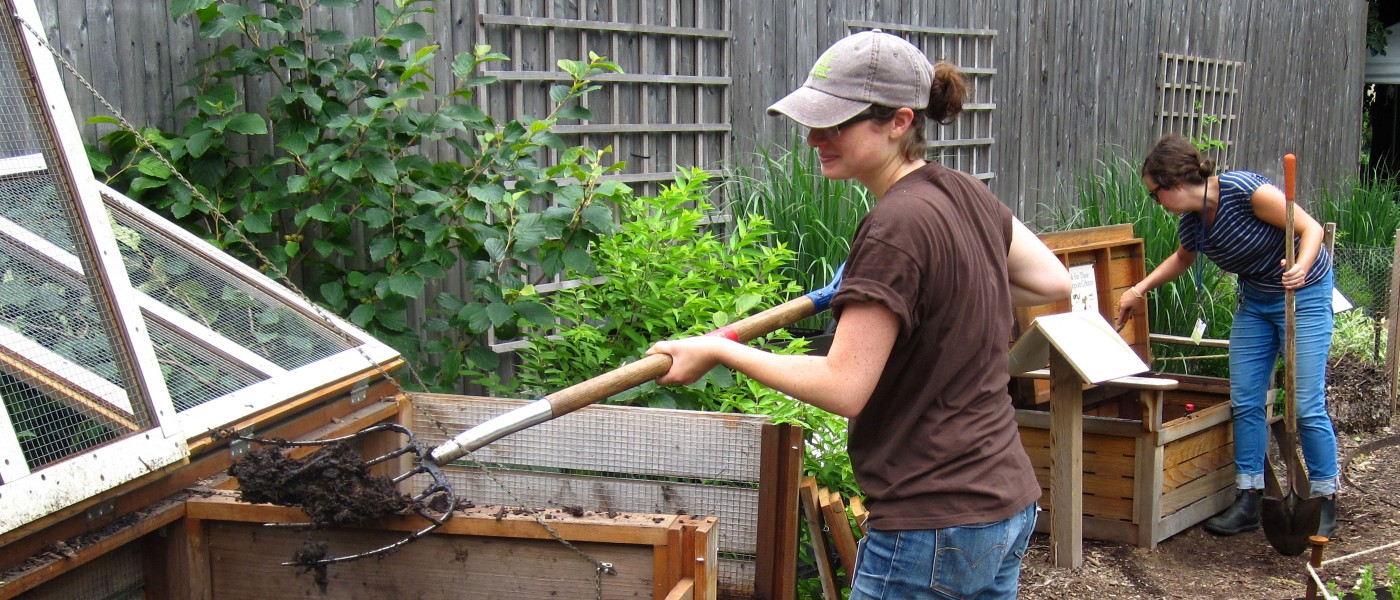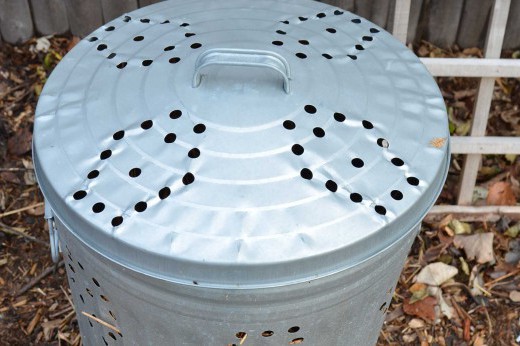BBG’s Guide to Composting
Left on its own, all organic matter will eventually break down through the action of hungry bacteria and fungi as well as larger creatures such as worms, sow bugs, and centipedes. These decomposers consume decaying plant material and convert it into humus.
Composting speeds up this natural process. In just a few months, you can potentially create a topsoil-like amendment that would have taken decades to form naturally. It can then be added to your soil to improve its structure—allowing air and water to enter easily and be retained.
Learn About Composting
The average household throws away 2 pounds of organic waste each day—vegetable cuttings, fruit peels, eggshells, coffee grounds, and yard trimmings that could instead be composted. When we discard organic waste, we not only lose precious landfill space but also miss out on a valuable resource that can help beautify parks, gardens, and lawns.
-
What and How to Compost
What can I put in the compost pile? What does composting mean, and how does it work? Read More
-
Compost Bins
Choose the right compost bin for your space, budget, and materials. Here are five basic types. Read More
-
Using Redworms for Indoor Composting
You can use redworms to recycle your food waste by setting up a worm bin system at home. Your food waste will disappear and your plants will flourish! Read More





